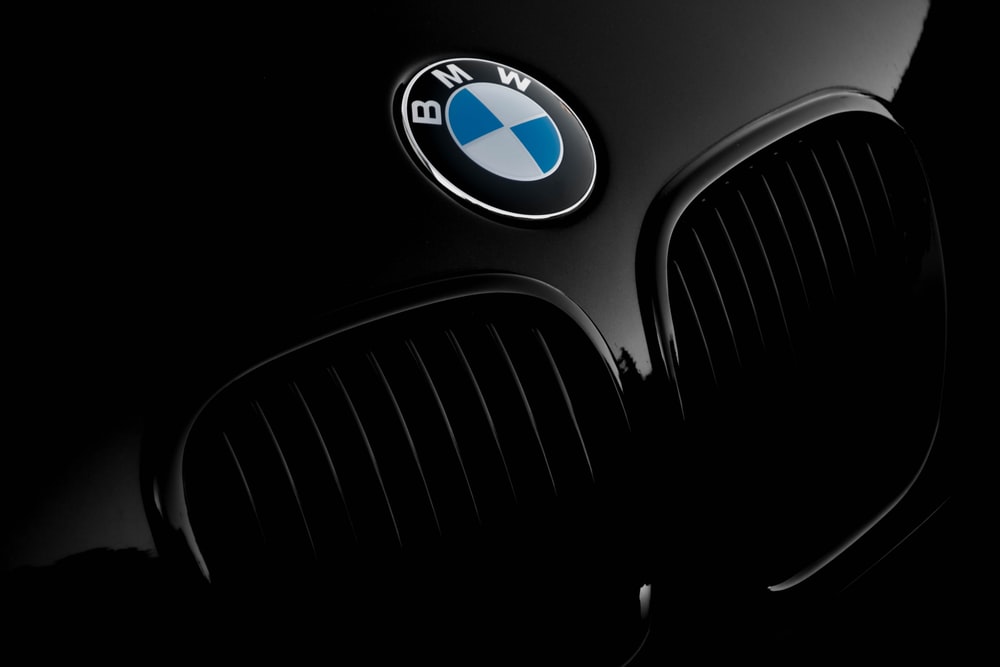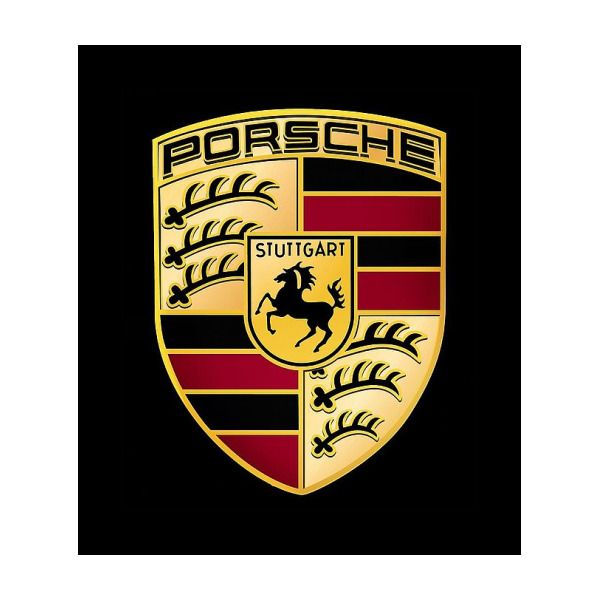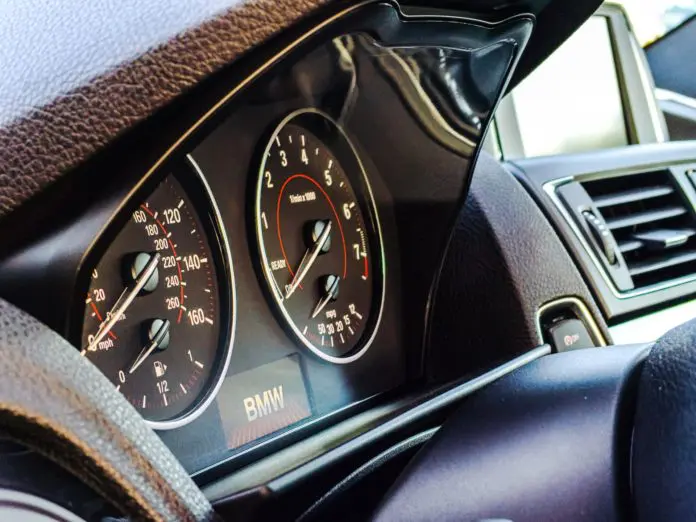
Germany – The World’s Automotive Hub of Innovation
Germans are famous and known all around the world for making great cars. They are international. All the German automakers have plants scattered all over the world.
A notion of trust is associated with every German nameplate. They are the most preferred cars all over the world. Germany has been a domineering champion for over 100 years when it comes to cars.
It remains one of the top 3 automobile manufacturers worldwide. When it comes to cars, one can think of Germany first
They produce the best of the cars as they have the best technology to make the best and create constant innovation in the automobile industry. German cars are luxurious and fashionable. Be it sports cars or luxury cars or basic cars, Germany has mastered all of the above without a shadow of a doubt.
Overview of the German Auto Industry
The car production in Germany started in 1870 and grew significantly over the last century from producing around 1000 cars per year in the 1900s to over 15 million in recent years.
The Automobile Industry in Germany – Some Facts
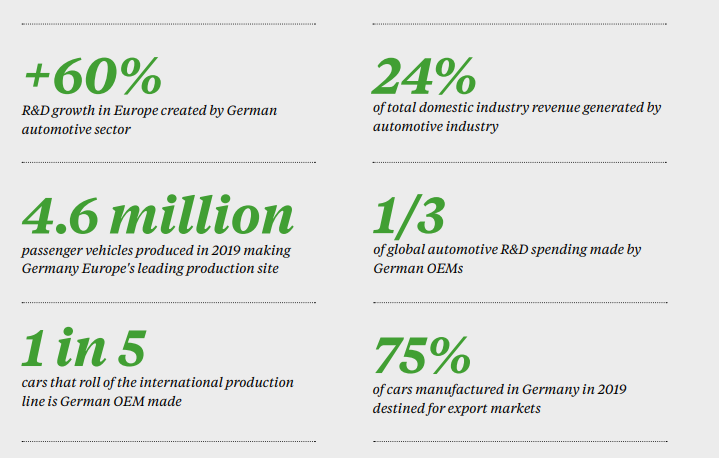
- In 2019, German carmakers produced more cars than France, the UK, and Italy combined.
- Germany leads in automotive innovation
- Germany leads in FDI projects in the automotive industry.
- The auto industry is the most popular career path for engineering students in Germany.
- Nine of the top ten patent filing companies in Germany mostly work with the auto industry.
- Germany’s automotive industry accounts for one-third of the country’s research and development expenditure.
Maybach Exelero: The world’s rarest car!
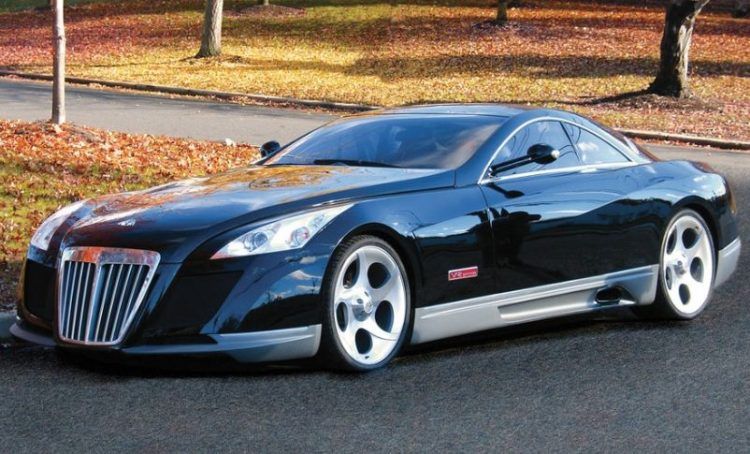
Maybach division of Daimler AG produces the most luxurious cars in the world. Priced at $8,000,000, it is hand-built.
Biggest car producers in Germany
Current major manufacturers in Germany are Audi, BMW, Ford-Werke GmbH, Mercedes-Benz, Opel, Porsche, and Volkswagen.
Let’s look at the Top 5 German Car Brands:
- Volkswagen
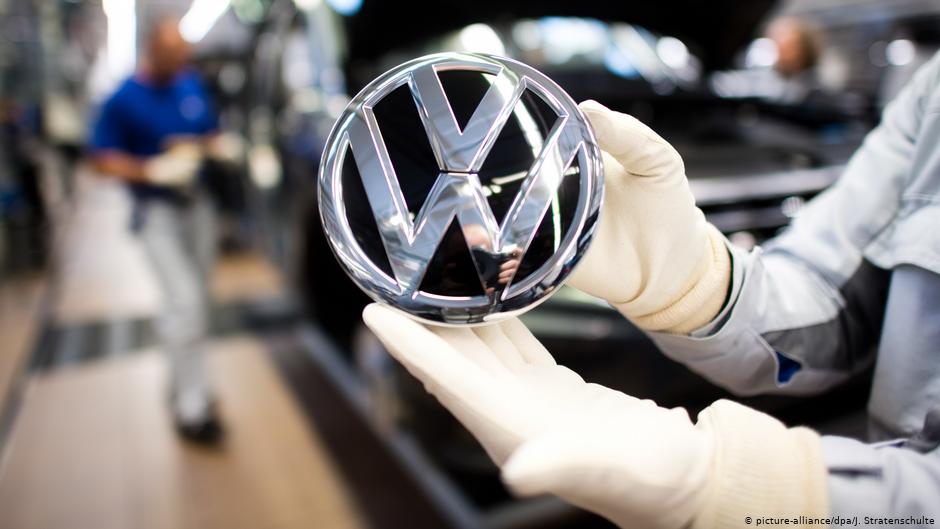
- Established: 1937
- Models: Tiguan, Polo, Golf, Jetta, Passat, Lavida, Porsche and Skoda
- Sales: Sold over 11 million vehicles world-while in 2019 and has 10% market share
- The largest markets: Germany, the USA, and China
2. Mercedes-Benz

- Established: 1926
- Revenue: 172.7 billion (2019)
- Famous for: Luxury cars and limousines, technological innovations, and engineering
- Models: CLA-Class, C-Class, GLK, R-Class, E-Class, GLK, R-Class, E-Class Wagon, CLS-Class, S-Class
3. BMW
- Established: 1916
- Founder: Carl Raap
- Revenue: 97 billion euros (2018)
- Models: BMW Series 1-8, BMW i8, BMW i8 cabriolet, BMW i3, BMW i3s, BMW E9
- Electric Cars: Shifting to e-mobility; over 40,000 sold in 2018
4. Audi
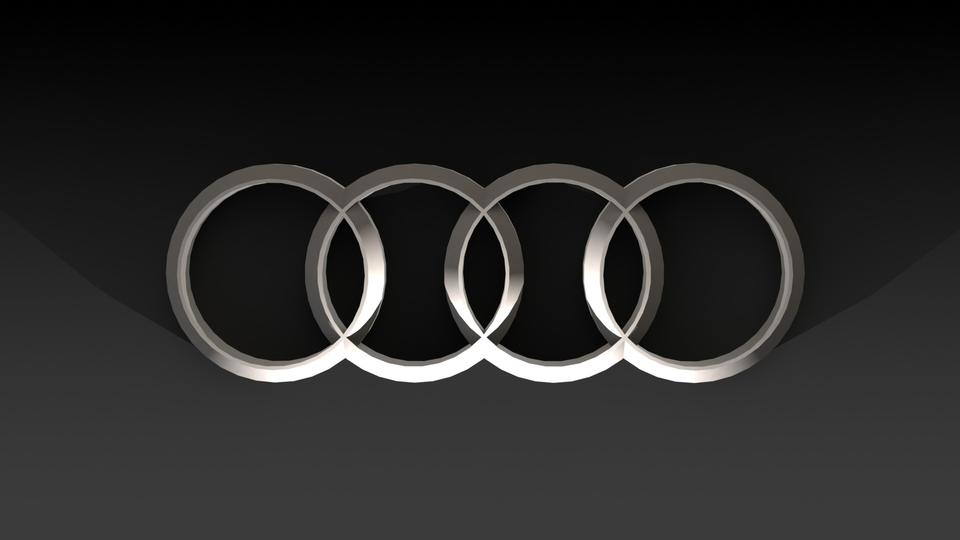
- Established: 1910
- Founder: August Horch
- Part of the Volkswagen AG: Since 1966
- Revenue: 59.25 billion Euros
- The Models: Audi A1, Audi TT, Audi A6, Audi A3, and Audi A8
- Largest Markets: Eastern Europe, Africa, the Middle East, and China
5. Porsche
- Established: 1931
- Founder: Ferdinand Porsche
- Units Sold Globally: 256,255
- Known For: 911, Cayman, Macan
- Subsidiary Company of Volkswagen AG
Everything Germany: All German cars! A historical glimpse:
In the 1870s when Karl Benz and Nikolaus Otto designed the first automobile (four-stroke internal combustion engine) the Benz Patent-Motorwagen, he paved the way for a huge line of successors who would shape the modern car.
By 1901, Germany was producing 900 cars per year. By 1920, Ford entered the German market. By 1930, after the great depression and the crises, the Nazi party instituted “Motorisierung” policy in order to raise the standards of living by owning cars.
In the year 1934, as per the request of Adolf Hitler, Ferdinand Porsche designed “Volkswagen” or “people’s car”.
All German brands like BMW, Audi, Mercedes Benz, Volkswagen, and Porsche are amongst the top manufacturers of cars worldwide. They have some of the most priced and extravagant cars on the market.
Perils that are foreseeable in the German automobile industry:
- Increasing competition from China and India.
- Eu emission regulations: 130gms of Co2 per kilometer is permitted. Only 6 German-made models have met the standards.
- Hybrid cars, leading to cost-effectiveness and reducing pollution through optimum utilization of electrical energy. They have a competitive advantage considering the above factors.
- According to the Ernst & Young study, Germany needs to double its efforts in R&D in order to keep its leading position. One more challenging factor is that there might be shifting focus. It refers to branding and marketing where engineering and design will belong to major companies that only survive the competition.
- Production of components and final assembly will possibly migrate to former car making companies.































